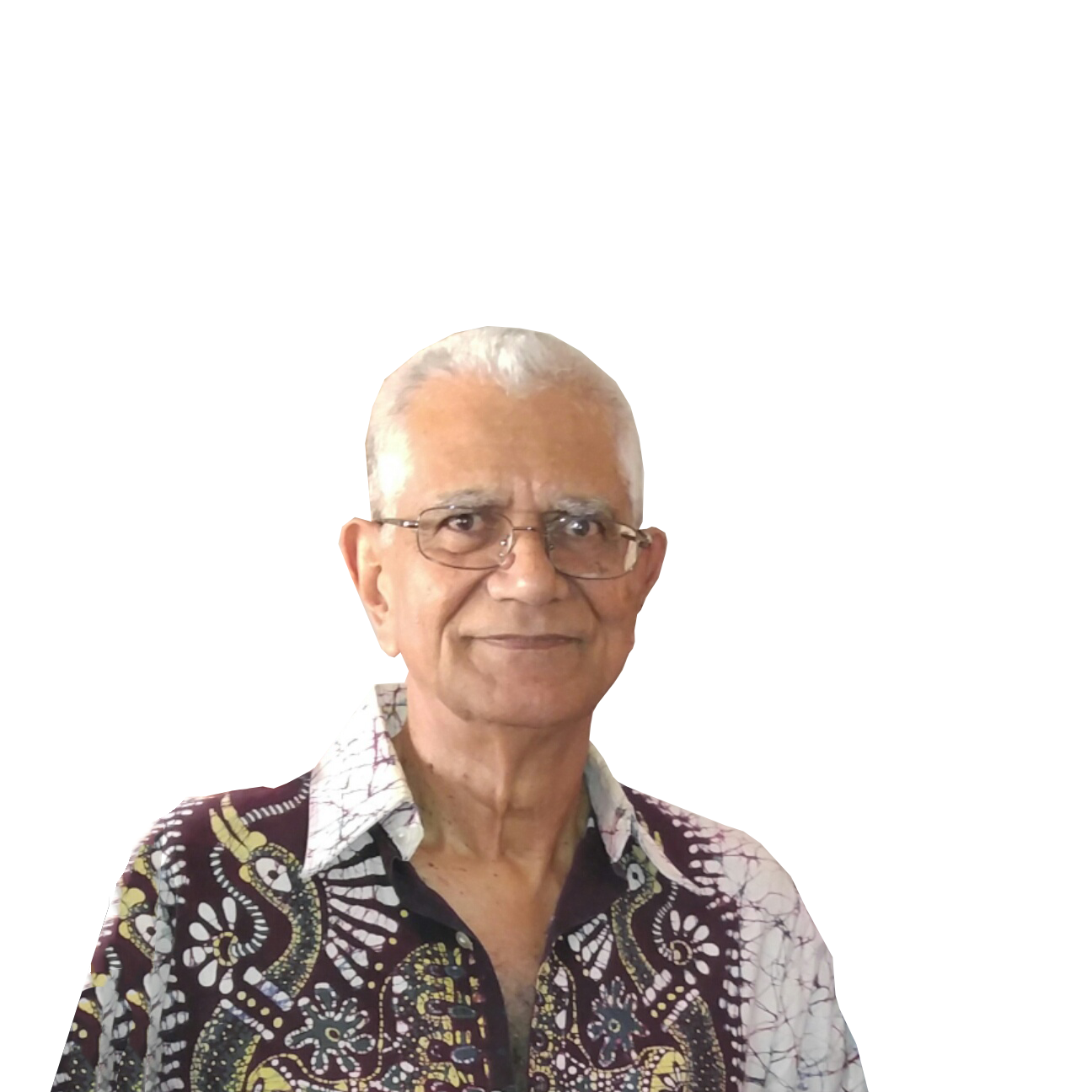Basketball superstar LeBron James and his Family Foundation broke new ground in charitable giving by athletes with the July 30 opening of the I Promise School in his hometown Akron, Ohio. The public school will hold classes year-round for low-income, at-risk children. Its curriculum will focus on science, technology, engineering and math (STEM) classes, according to an SBNation report by Christian D’Andrea.
To get the school going, the Lebron James Family Foundation partnered with more than 120 donors, volunteers and sponsors, along with the I Promise Network, which James helped to launch.
Many more I Promise schools are needed in communities where public education is woefully inadequate. But there are vastly more opportunities for athletes, entertainers and entrepreneurs to become involved not only to save the children but also to rescue their parents from grinding poverty.
Investments can be made in existing banks or to set them up and in other financial institutions because lack of capital is the leading cause of impoverishment in these communities. Most residents do not qualify for the loans needed to get into business and, for those with criminal records, the situation is even bleaker.
Then there are opportunities to invest in supermarkets, for example, that will form an economic base and provide jobs. Commerce is another potential field, trading not only among communities but also with overseas entities friendly to the black cause, especially in the Caribbean and Africa.
Then there is politics. A recent Center for Public Integrity report by Lateshia Beachun identified three black billionaires: chemical engineer and investment-banker-turnedbusinessman Robert Smith, worth $4 billion; Oprah Winfrey, almost $3 billion; and Michael Jordan, $1.65 billion. She added, “All three black billionaires are known as generous philanthropists but not political givers.”
“The nation’s wealthiest African Americans are decidedly reluctant campaign contributors, almost completely ceding the rarefied rank of ‘political megadonor’ to older, rich white men,” Beachum said, citing a Center for Public Integrity analysis of data from the Federal Election Commission and the Center for Responsive Politics.
Investment in politics, indeed, may be the surest way to help their communities, making it possible to elect candidates who are attuned to their particular needs. That is the way of politics in America, especially in these times.
It is how the Koch Brothers, for example, secure the election of their favorite candidates, who, in turn, push through legislation that advance agendas that are often anti-black.
It is how the Citizens United lawsuit won passage in the U.S. Supreme Court, setting up the distressingly anti-democratic practice now entrenched in the nation’s political system of allowing unlimited and anonymous donors. It is also how the American Legislative Exchange Council (ALEC) was funded, ultimately allowing the Republican Party, especially its most rabidly conservative members, to gain control of a majority of state Legislatures, governorships and both houses of Congress.
Big money in politics allows for big campaign spending, especially on television, which, in turn, can translate into large-scale voter-turnout and electoral victory.
Forbes magazine reported that Smith, Winfrey and Jordan are the only African Americans among a dozen black billionaires, the rest being overseas. But there are others who have the financial capacity to invest heavily in campaigning. They include athletes such as National Football League and National Basketball League players, who probably together earn more than $2 billion annually.
Then there are the big-time earners in the music, television and movie industries and business. Statistics reported by the website Ranker show that around 17 rich blacks are worth about $10 billion, ranging from Sean Combs, said to be worth $650 million, to Tina Turner, about $200 million.
To continue to ignore the need for substantial black investment in the communities and in politics is to continue to leave them in economic freefall. It is politics that allows, for example, the “stand your ground” law in Florida and elsewhere which makes for open season on blacks, most recently seen in the gunning down with impunity of Markeis McGlockton in Clearwater.











No Comment